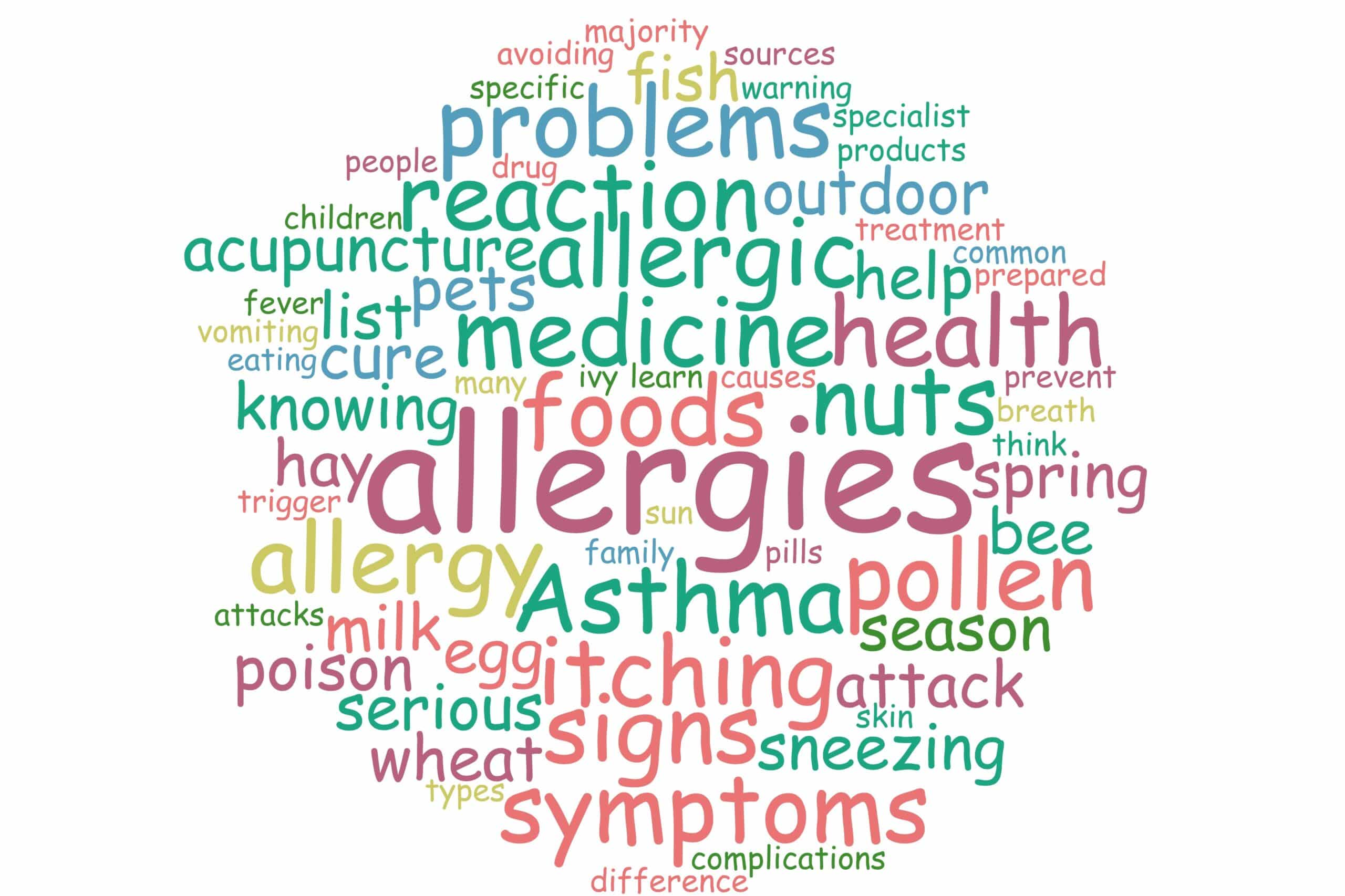605 children under 15 who underwent appendicitis surgery at Skane University Hospital over a 10 year period were included in this study, with findings suggesting that common forms of allergies such as pollen and animal fur were associated with a three times lower risk of developing complicated appendicitis, which remained even after adjusting for other parameters known to increase risk of serious appendicitis such as younger ages and long lasting symptoms according to the researchers.
Among children and young individuals appendicitis is widespread and is a among the most common causes of emergency department visits resulting in abdominal surgery in the world. One third of affected patients have more complicated forms of appendicitis requiring longer hospital stays and in some cases additional surgeries are required. Exact reasons why some are affected by the more serious form and whether it is possible to prevent it are not clear.
Complicated appendicitis depends on immunological responses differing to responses in cases of uncomplicated appendicitis in theory, according to this new theory patients with allergies have lower risk of contracting complicated appendicitis due to immunological responses being different from that of nonallergic patients which had not been investigated closely until now, a theory which is supported by the outcomes of this study. According to the researchers clues have been provided in the findings that are hoped could lead to development of new diagnostic aids.




